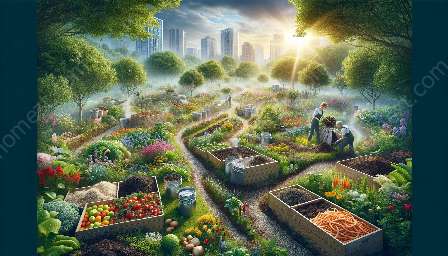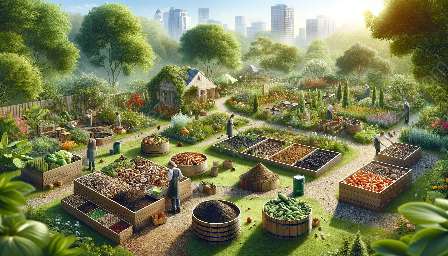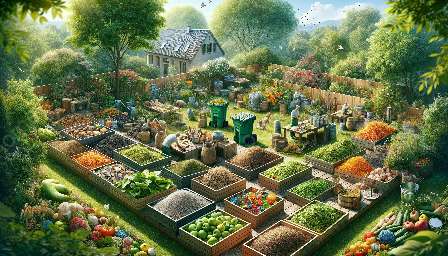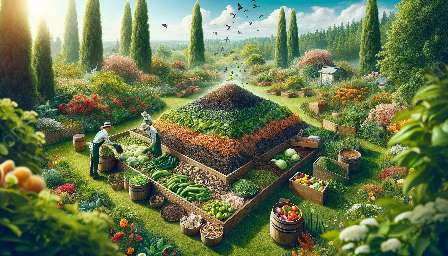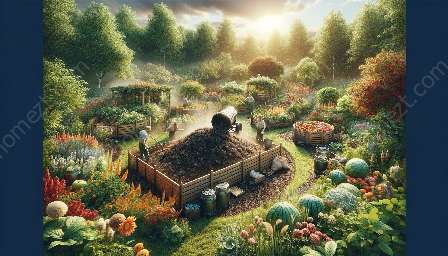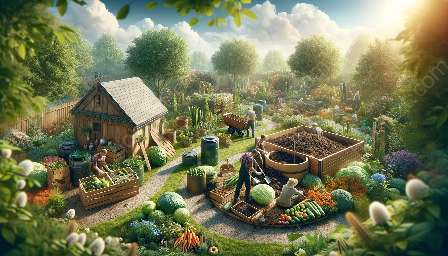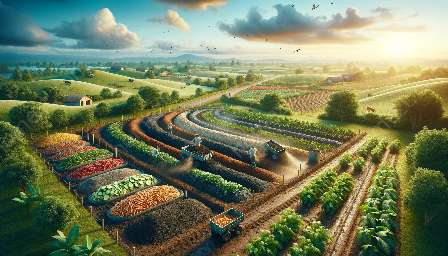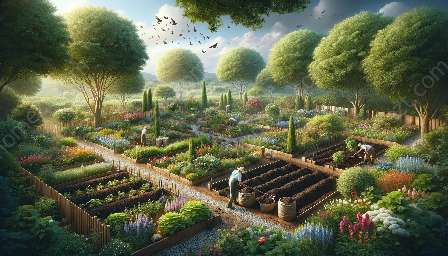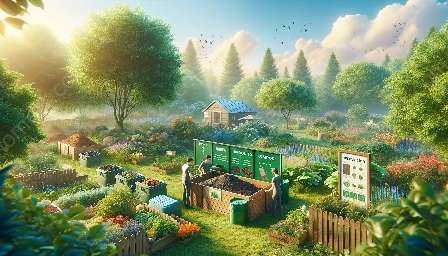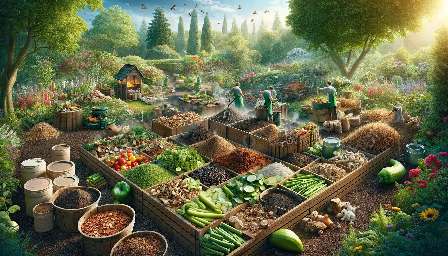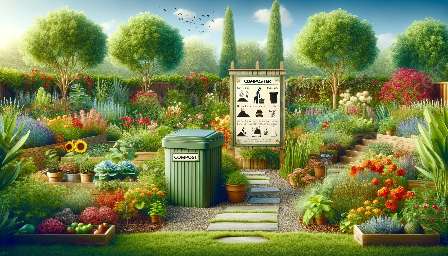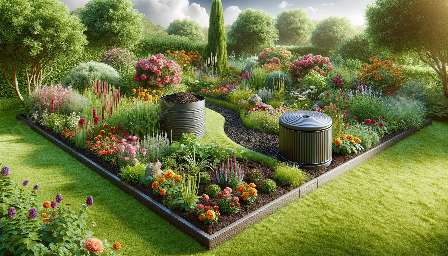Are you interested in sustainable gardening and landscaping practices? Vermicomposting, also known as worm composting, is a method of recycling organic waste using earthworms to create nutrient-rich compost.
The Process of Vermicomposting
Vermicomposting relies on the natural digestive activities of earthworms to break down organic materials such as food scraps, plant waste, and other compostable items. These worms consume the organic matter and transform it into a valuable soil amendment known as vermicompost or worm castings.
Unlike traditional composting methods, vermicomposting can be carried out indoors or in a small outdoor space, making it an ideal option for urban dwellers and gardeners with limited room for compost bins.
The Benefits of Vermicomposting
Vermicompost is a nutrient-rich, odorless, and well-structured form of compost that enhances soil health and fertility. It contains a high concentration of beneficial microorganisms and plant nutrients, which can improve the overall growth and productivity of garden plants and landscaping features.
Moreover, vermicomposting reduces the amount of organic waste sent to landfills, contributing to environmental sustainability and reducing greenhouse gas emissions.
Integrating Vermicompost into Gardening and Landscaping
Whether you are an avid gardener or a landscaping enthusiast, vermicompost can be a valuable addition to your soil amendment arsenal. When mixed into garden beds, vermicompost enriches the soil structure and provides essential nutrients to support the growth of flowers, vegetables, and ornamental plants.
For landscaping projects, vermicompost can be used to improve soil quality in lawns, shrub areas, and hardscapes. It aids in water retention, promotes root development, and fosters healthy plant establishment, thereby contributing to sustainable and vibrant outdoor spaces.
Composting and Vermicomposting: A Comprehensive Approach to Organic Waste Management
While traditional composting involves the decomposition of organic matter through microorganisms and macroorganisms in a controlled environment, vermicomposting focuses on the specific role of earthworms in accelerating the composting process.
Both methods share the goal of transforming organic waste into valuable resources for enriching soil and supporting plant growth. By incorporating both composting and vermicomposting into your gardening and landscaping practices, you can adopt a comprehensive approach to organic waste management and sustainable soil enrichment, leading to thriving, healthy landscapes.

